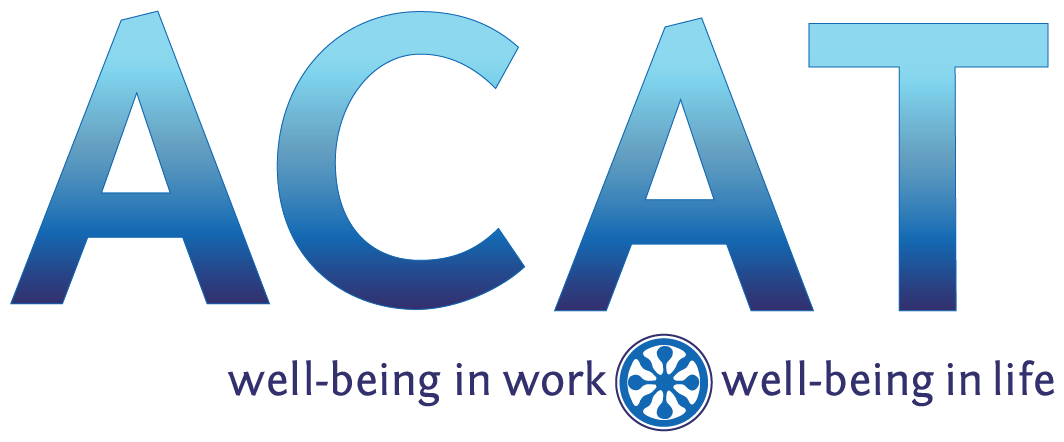The Hero's Journey Is Written In Your Habits
by Cate McNider (originally published here)
The blindspot humans love to avoid, is that the use of themselves, how they think and move is at the root of their problems. The systems we live by are justifiably crumbling, and addressing the pains of that evidence is everywhere, in process. Routinely, I see health articles omitting the responsibility of each person looking to see what they are doing and thinking and how that is creating the dysfunction. We are the creators, is the elephant in the cosmos.
Read moreNothing outweighs experience
by Cate McNider (originally published here)
Intellectualization often gets in the way of an experience. What we think we know about it, can get in the way of letting the experience speak for itself. This is a human habit.
Read moreGetting Lost Means Finding A New Way
I want to tell you a little story.
A student who’s been studying AT with me since 2019 (with the interruption of the 2020 lockdown plus some months after vaccinations), recently finished another package of nine lessons. The pattern is unfolding beautifully to reveal a resolution in the upper and lower body in process and more ease all around. She reported a very interesting incident after leaving the previous week’s lesson going to her next destination.
Read moreStep 1: Exploring F. M. Alexander's 5-Step process
From the chapter Evolution of a Technique in Alexander’s third book Use of the Self
Supposing that the “end” I decided to work for was to speak a certain sentence, I would start in the same way as before and
1) inhibit any immediate response to the stimulus to speak the sentence,
2) project in their sequence the directions for the primary control which I had reasoned out as being best for the purpose of bringing about the new and improved use of myself in speaking, and
Read moreTraining Journal: Classes with Judith Leibowitz #10
Friday, December 16, 1977
We had a discussion about directing as a non-endgaining activity. It was suggested that the work is about giving yourself more space. Direction is not a movement. Direction is a thought. Movement is a result of direction. Direction precedes movement, and integrates and releases through movement.
Read moreTraining Journal: Classes with Judith Leibowitz #9
Friday, December 2, 1977
There is no right way to direct, only direction.
On the street, I may see what I want to happen to me in the person ahead or me, or direct the person in the mirror.
Judy: “Like the Macy’s parade balloons, only expanded with energy rather than air.”
Must be willing to give up what you think is true.
Not to be rigid.
Read moreSensation is an unreliable witness
by Brooke Lieb (originally published here)
One hallmark of Alexander’s work was his recognition that the way things feel is not a precise measure of what is actually going on.
Read moreAlexander jargon: using language in a non-habitual way
There are many folks who are critical of the jargon* we use in the Alexander Technique. I understand their point. Semantics (the branch of linguistics and logic concerned with meaning) can muddy communication. Our terminology can be confusing, de-legitimizing, off putting and inaccessible.
However, consider the definition of jargon: * “special words or expressions that are used by a particular profession or group and are difficult for others to understand”. Alexander students gain skill from the process one goes through to understand the jargon.
Read more